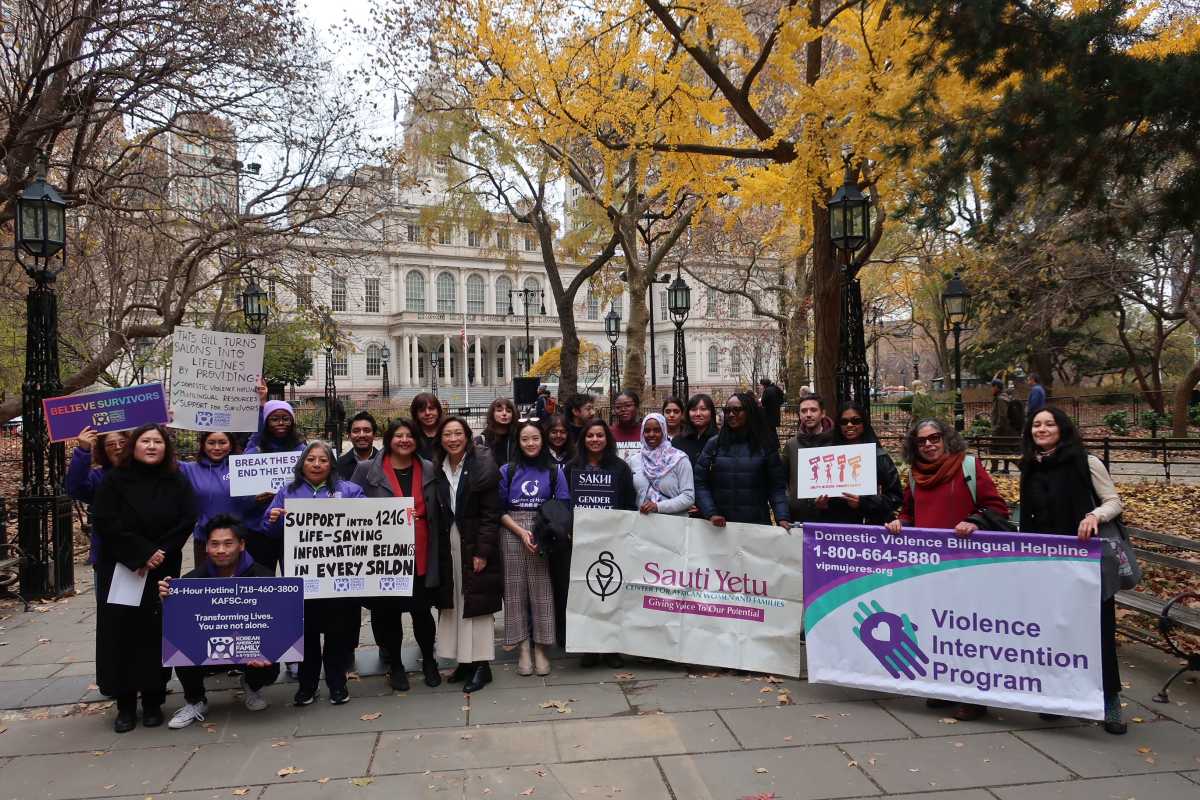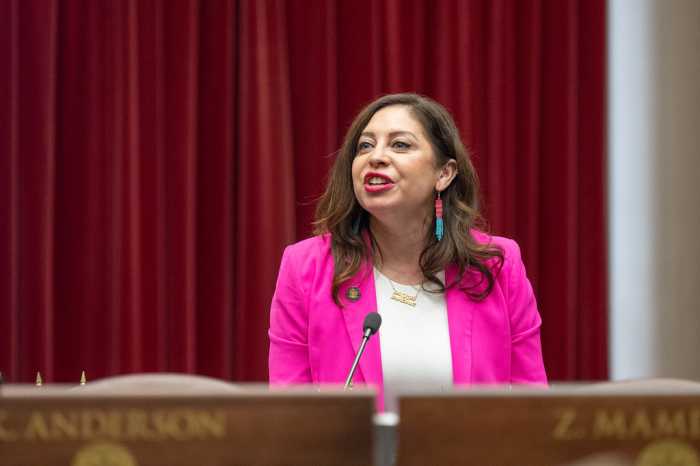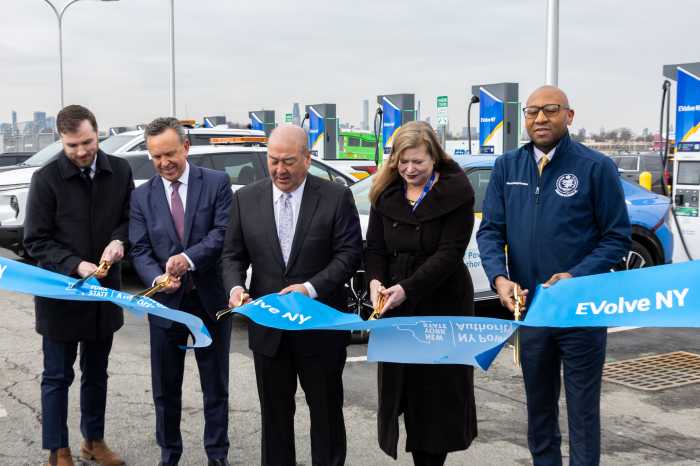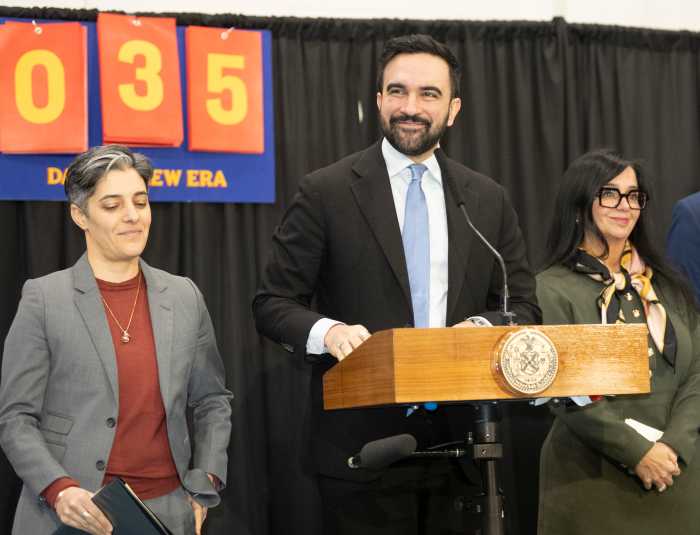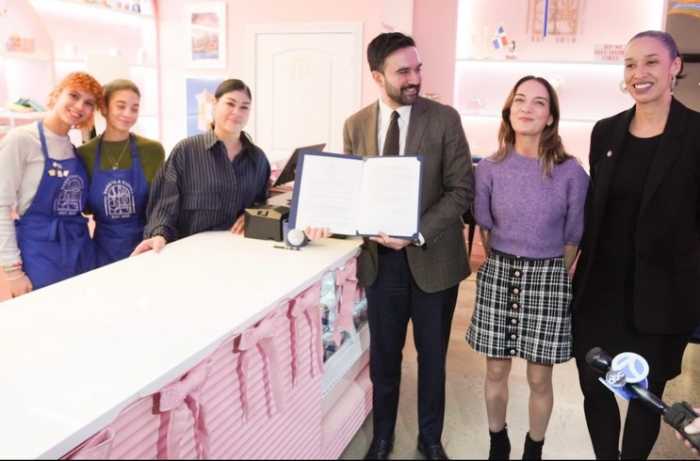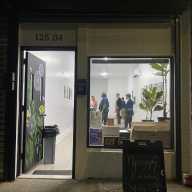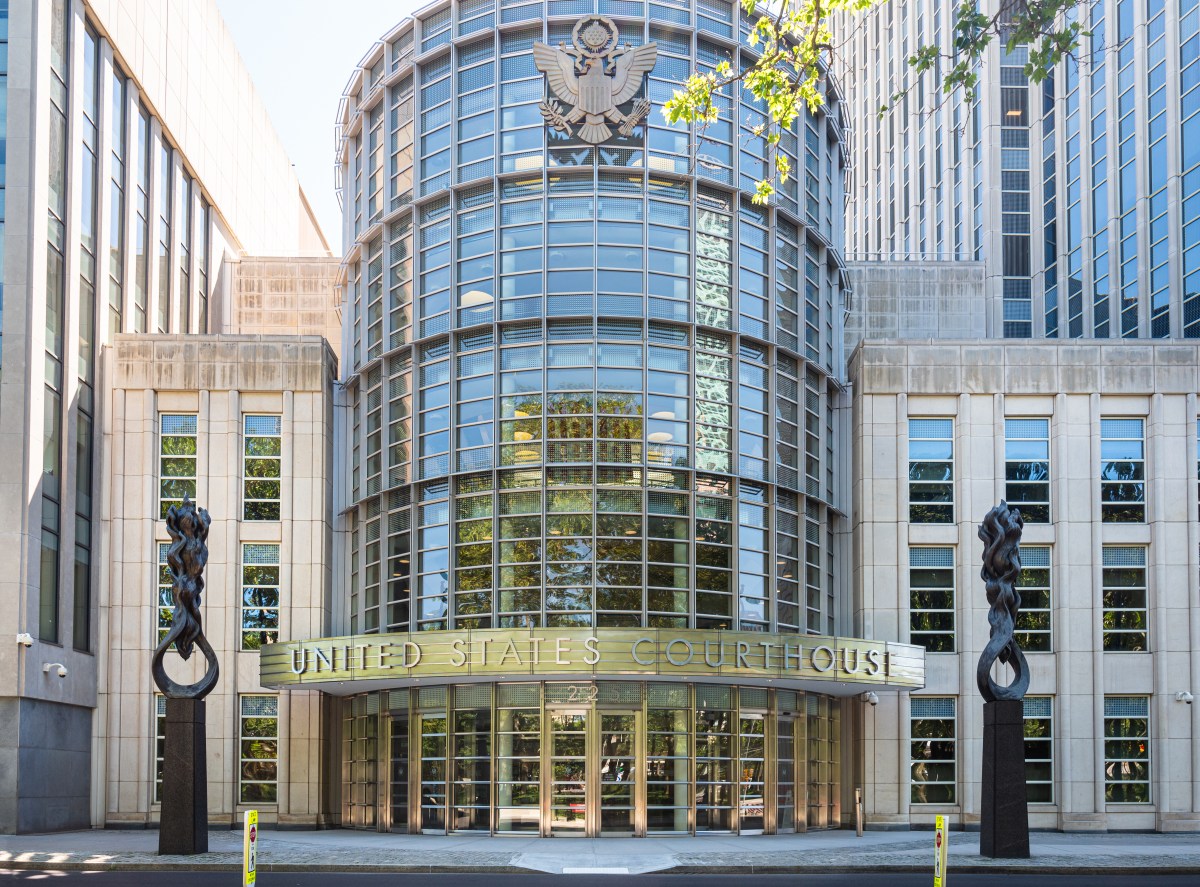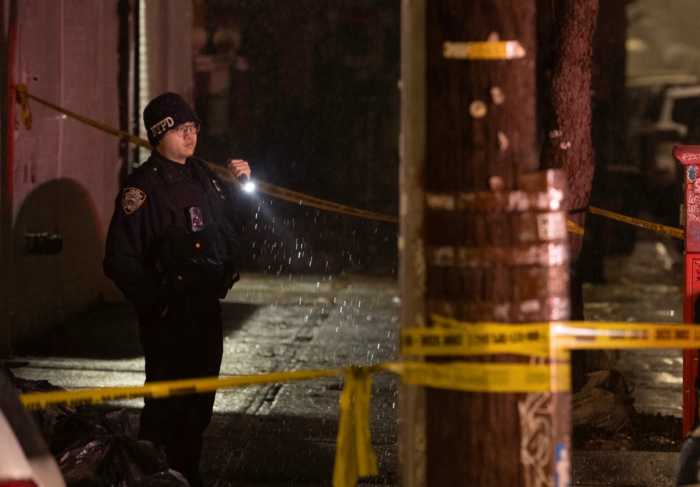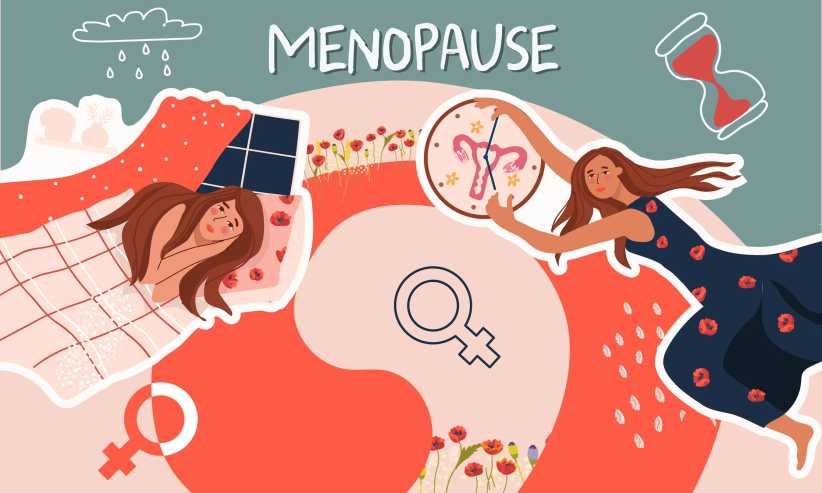The New York City Council recently passed legislation sponsored by Queens Council Member Linda Lee that supports victims of gender-based violence. The bill, 1216-2025, requires cosmetology establishments across the city to display posters providing information about gender-based violence services in areas that are easily viewable to all customers.
According to statistics from the National Domestic Violence Hotline, 29% of U.S. women and 10% of men have experienced rape, physical violence, and/or stalking by a partner. In addition, 24.3% of women and 13.8% of men aged 18 and over have been the victim of severe physical violence by an intimate partner over their lifetime.
The bill was sponsored by Lee and co-sponsored by Council Member Shahana Hanif, who hosted a rally outside of City Hall Park, located at Broadway and Chambers Street in Manhattan, to bring awareness and show support for the cause on Nov. 25.
Informational posters, which will be available in multiple languages, will be created and distributed by the NYC Office to End Gender-Based Violence. A news release about the rally said the posters are intended to educate the general public about available services to address gender-based violence, including free public hotlines.
Over 10,000 hair, nail, skincare and threading salons across the five boroughs will receive posters at no cost, the news release said, embedding life-saving information into trusted community spaces.
“The facts are clear. There is a hidden epidemic of domestic and gender-based violence in our country,” said Lee, who is also chair of the Committee on Mental Health, Disabilities, and Addiction. “As a former social worker, I know the importance of meeting people where they are. I hope this legislation raises awareness and prompts conversation about this understated crisis and connects those affected to the necessary resources and care they need. I thank Speaker Adams and my colleagues in the council for their partnership on this vital issue.”
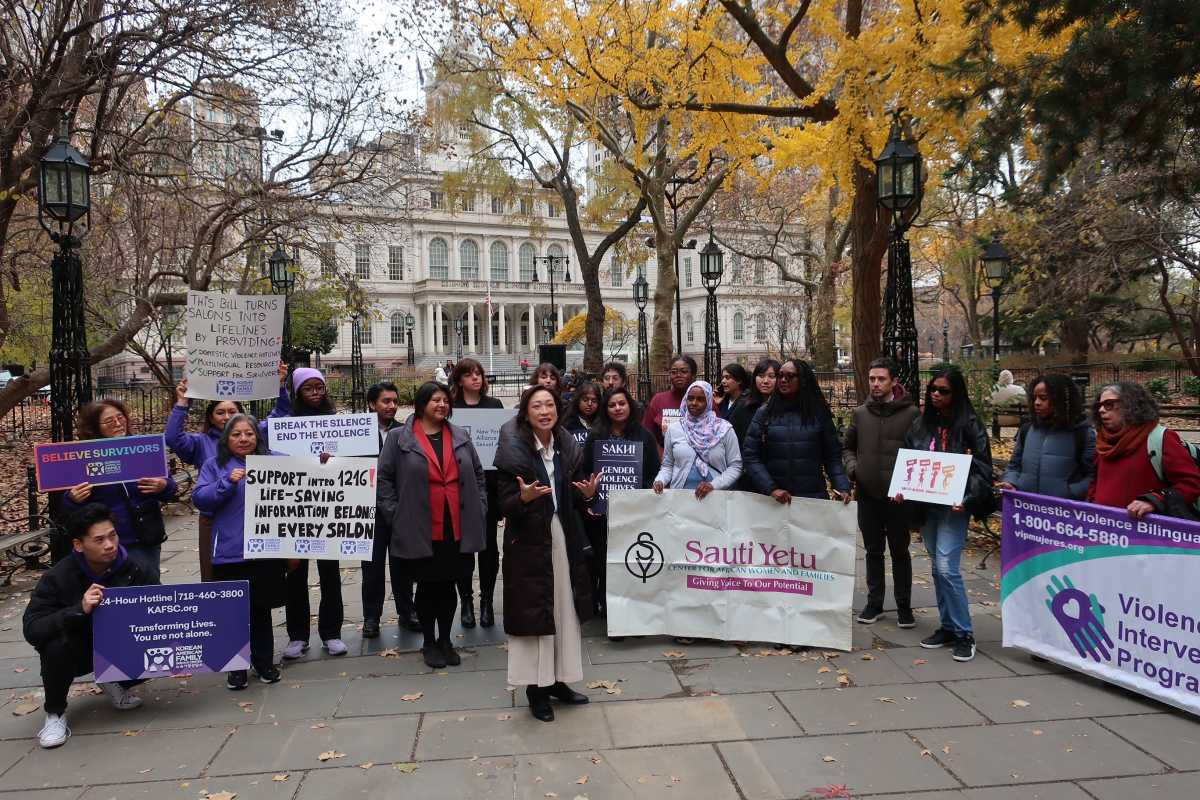
This legislation was developed in a community-led process in order to address the gaps in awareness of gender-based violence services for survivors, the news release said, especially in immigrant communities. According to the National Organization for Women, 49.8 percent of immigrant women experience abuse, which the organization said is almost three times higher than the national average.
Many survivors experience limitations on their mobility and personal freedoms by their partners and abusers, the news release noted, so the posters are intended to be available in a space designated for women.
Just as restaurants must display choking hazard posters, the news release continued, this bill continues a precedent of public awareness for public safety in partnership with cosmetology establishments throughout the city.
Support for this legislation was built among a strong coalition of council members through a campaign led by The Collective, which the news release said is the only coalition of culturally specific, gender justice organizations in the city that are dedicated to supporting immigrant and BIPOC survivors.
Hanif, who is co-chair of the Progressive Caucus, said she was proud to co-prime-sponsor the bill, which brings awareness to life-saving resources for victims of gender-based violence in trusted community spaces.
“We know that survivors of gender-based and domestic violence often find themselves in situations where they cannot disclose their experiences,” Hanif said. “With this support, we are one step closer to helping thousands of New Yorkers leave abusive situations and fostering a more compassionate and safer City for everyone.”
According to the news release, the NYPD received over 110,000 complaints of domestic violence in 2024 alone. However, gender-based violence service providers continue to point out that many cases go unreported, especially in immigrant and underserved communities.
The National Institutes of Health said sexual assault in particular is the most underreported crimes to law enforcement, estimating only 5 percent of the assults are reported to authorities. The institute notes that many women cited fear of disbelief, shame, worries they would get in trouble and use of substances at the time of the assault as reasons they did not report it.
Salons tend to be a space where personal conversations are often had and relationships are sustained, the news release pointed out. By placing educational and resource-rich materials, Intro 1216 empowers both survivors and those around them to take informed action.
Jeehae Fischer, executive director of the Korean American Family Service Center, said bringing critical information into the heart of communities, the bill affirms that survivors deserve to be seen, heard and helped wherever they are.
“At KAFSC, we have seen how a simple conversation in a trusted space, like a salon, can be the first step toward safety for immigrant survivors,” said Jeehae Fischer, Executive Director of the Korean American Family Service Center. “This bill turns everyday spaces into lifelines.”
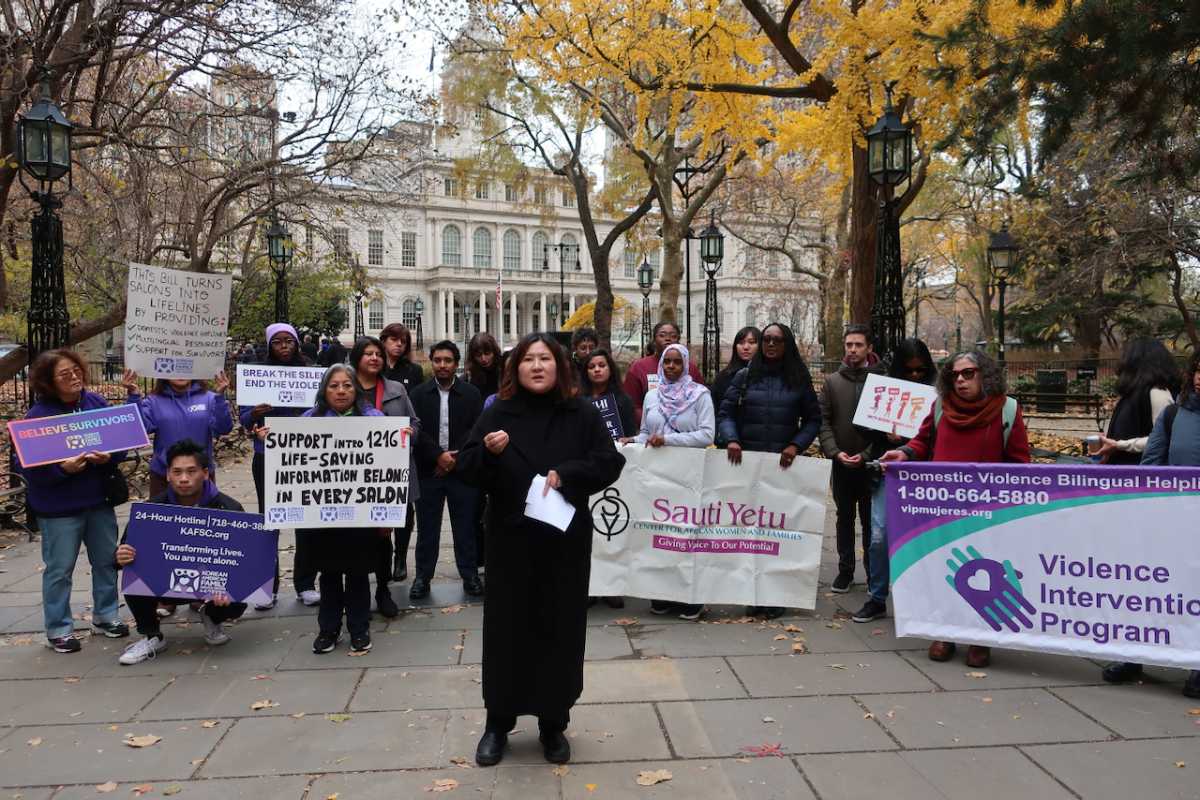
Margarita Guzmán, executive director of Violence Intervention Program, pointed out that many survivors — especially those who are BIPOC and immigrants — are even less likely to report violence to traditional responders.
NOW said 41 percent of Latino individuals believe incidents go unreported due to fears their undocumented status will be uncovered or exploited in the legal process, and 14 percent of individuals reported experiencing issues accessing resources due to immigration status.
“By partnering with salons to increase anti-violence messaging that connects survivors to services, this bill will make NYC families and communities safer,” Guzmán said. “This opens doors for people who may not otherwise find assistance and strengthens partnerships with businesses to join the fight to end violence.”
Kavita Mehra, executive director of Sakhi for South Asian Survivors, also supported the bill, noting that the bill addresses gender-based violence in multiple ways.
“It will continue the movement’s work of bringing visibility to what has long been dismissed as a private issue, reframing domestic violence as the public health crisis it truly is,” Mehra said. “More importantly, it will provide survivors of gender-based violence with greater access to life-saving resources and information.”
By working together as a community and meeting survivors in safe spaces they are more likely to occupy alone, said Womankind Executive Director Yasmeen Hamza, the multilingual initiative will be another step toward ending gender-based violence.
“Womankind strongly believes that community collaboration is vital for progress and success in ending gender-based violence,” Hamza said. “Working together in this way ensures safer communities for us all”.

